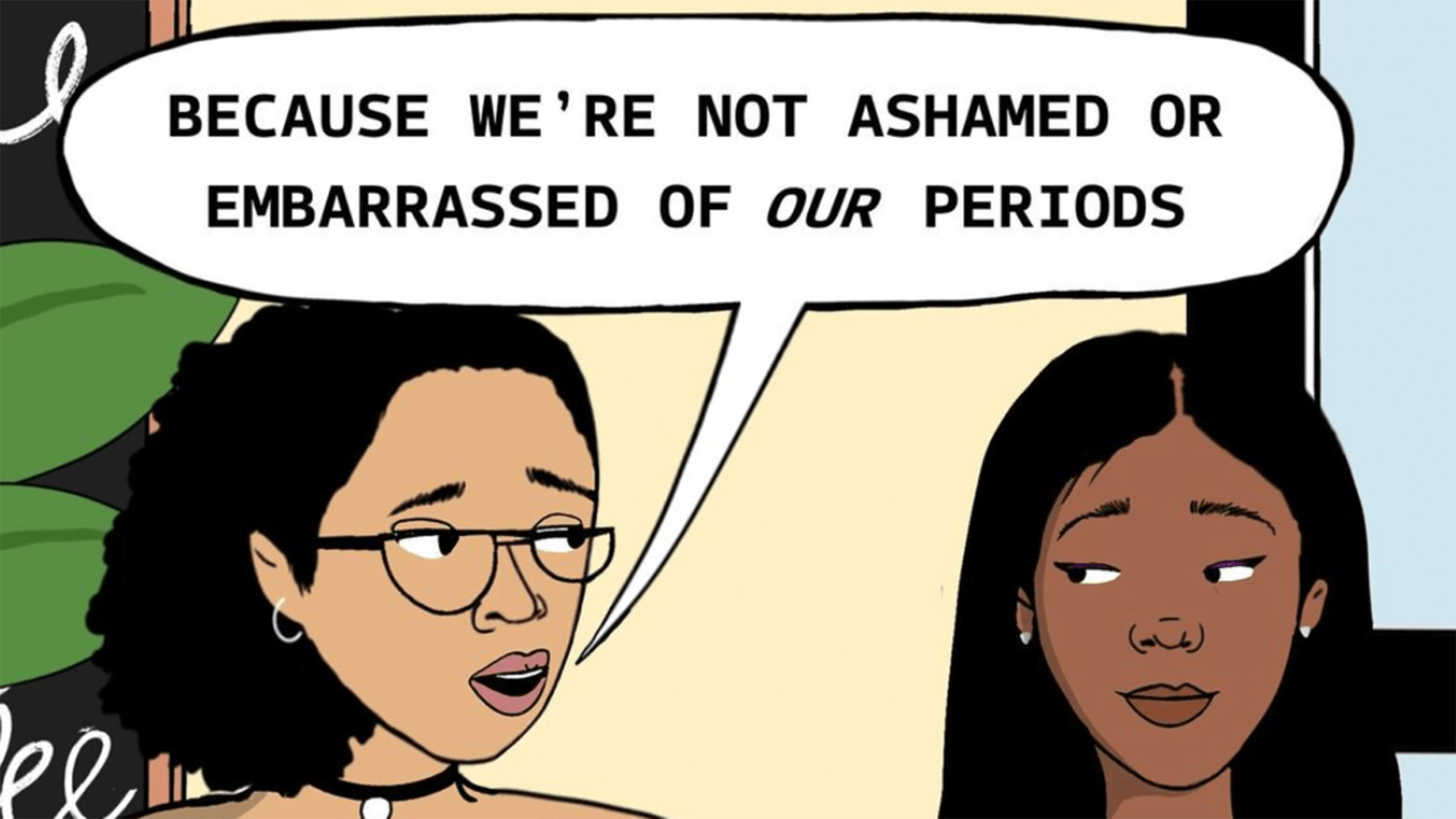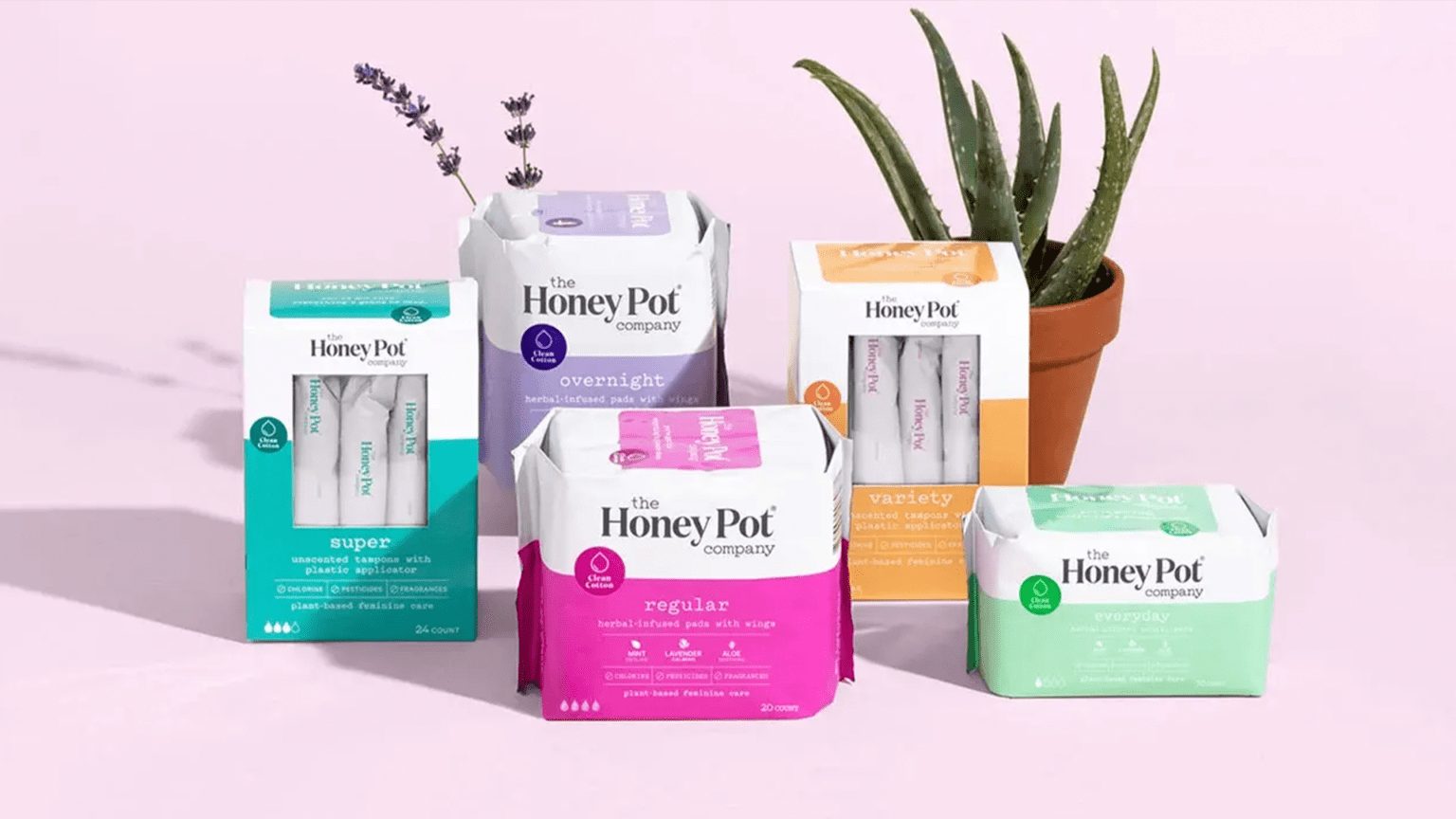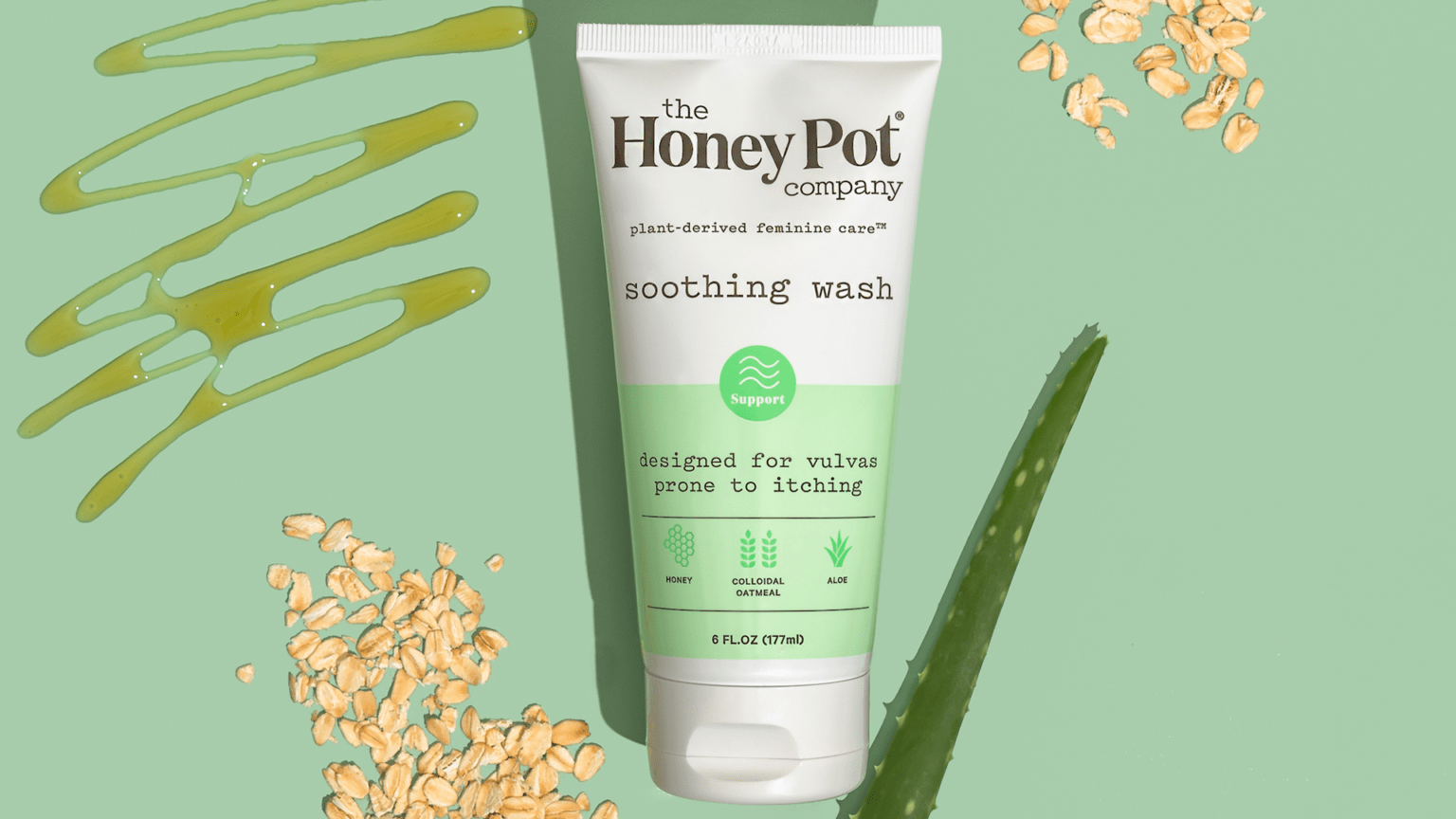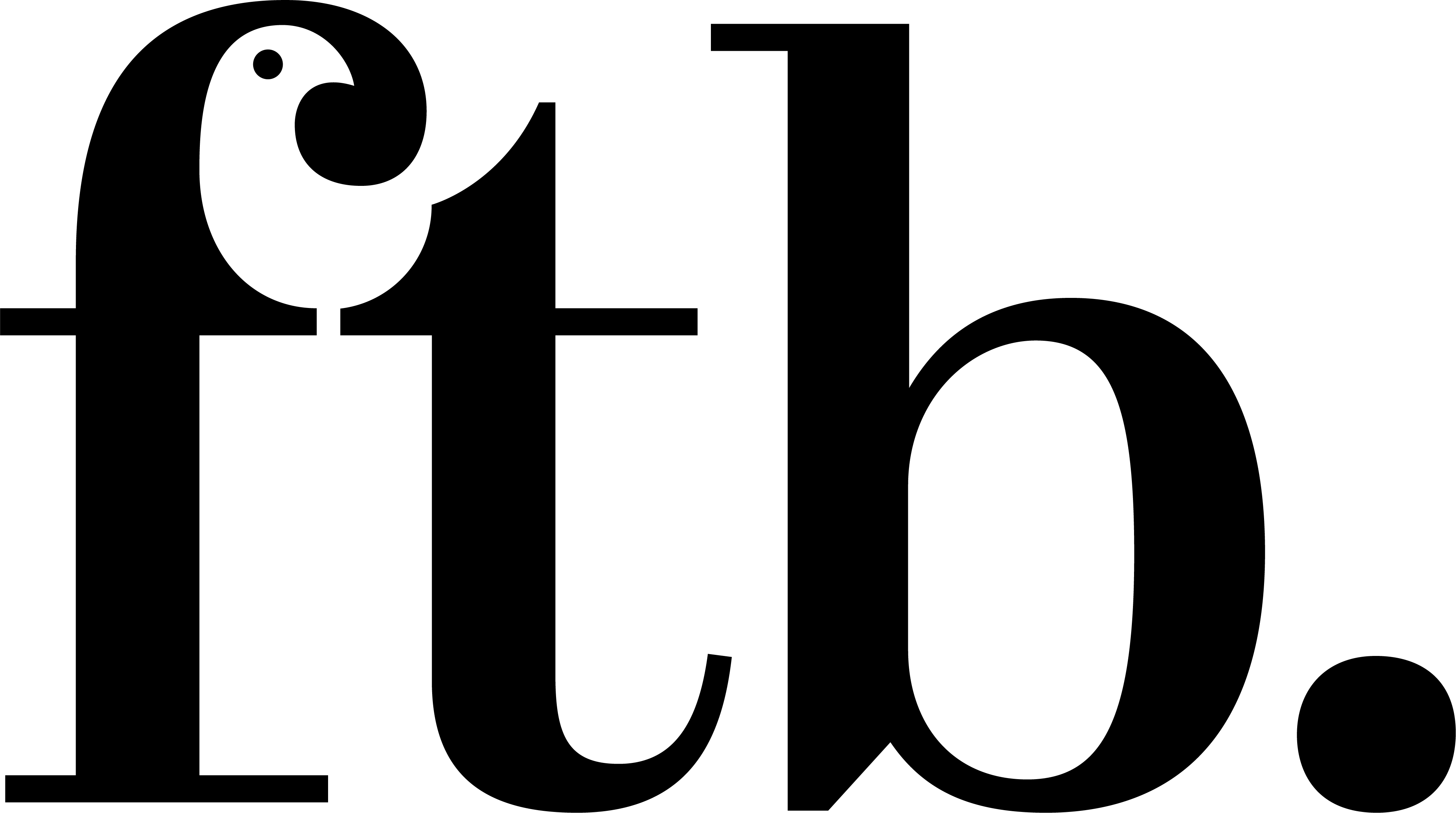Beautiful Thinking.

If your social feeds weren’t already awash with acid green, that was likely changed with the announcement that Vice President Kamala Harris is to run against Donald Trump in the upcoming US election. The news saw an unlikely yet agenda-setting endorsement from British music artist and Mercury Prize nominee – Charli XCX – who declared, “kamala IS brat”.




One key reason why this allyship feels natural, is that the “brat girl” aesthetic aligns with a vital narrative which the would-be president is driving home – that women can and should have the freedom to choose what they do with their bodies. The growing risk that women in the US and beyond are subjected to, is the idea that someone other than themselves can dictate how they choose to live their life – outspoken “brat” or not.
Exacerbated by insults like “childless cat ladies”, it is clear that the ideals upheld by so many for so long remain a threat to independent, free-thinking women who own the rights to their own bodies – including narratives surrounding them.
We have taken immense strides forward over the years, and yet, the fact remains that women continue to suffer at the hands of a gender health gap.
What gives us hope, is to see how young generations of today are supporting ideals on women being unapologetically outspoken. Women’s health is an area which remains under a cloud of shame for so many. The idea that we discuss (let alone buy products which support) the health of our vagina should no longer be a taboo. Insecurities be damned – the idea that it is ladylike or “clean” to eschew discussing our periods, conditions such as bacterial vaginosis, or incontinence, is antiquated and dangerous.
The brat girl aesthetic resonates beautifully with this movement because it pushes back against the ideals of the ‘clean girl’ movement, helping women to recognise that they no longer need to subscribe to an ideal of perfection, but embrace their bodies as part of a healthy narrative.
This open, embracing, “group chat” approach is fuelling the destigmatisation of the significant women’s health industry, reported to be capable of boosting the global economy by $1 trillion by 2040.




Dixon launched the company back in 2014 with a goal of disrupting the feminine healthcare space, and breaking down barriers that remain in women openly embracing their feminine, sexual and genital health. Having dealt with chronic bacterial vaginosis for eight years, Bea felt passionately that women should have greater access to products created for the vagina which use natural, herb and plant-derived ingredients.
Through her goal of putting wellness first, and remaining authentic in both the formulation of their products and how they are presented and communicated to the world, Bea and her team have resonated with countless women of all age groups, particularly younger Gen Z shoppers who are highly wellness-conscious whilst also seeking to engage in more open, honest narratives on it.
The Honey Pot’s meme-filled social media accounts (which include their vagina mascot, the iconic Miss Coochie) are a testament to this irreverent and lovingly-chaotic attitude.
What their products, packaging and marketing techniques demonstrate is that brands can benefit from engaging with their customers in a tongue-in-cheek but raw way – humans speaking with and selling to humans about topics which traditionally have been hidden from sight. The development of such a personal relationship is a blueprint for long term brand commitment and business success.
This is further evidenced by The Honey Pot’s success in major US retailers adding the range to its shelves, including Target, Walgreens and Walmart.
As a black woman, entrepreneur and founder, Bea Dixon has been outspoken in the importance of speaking authentically as a business owner. After facing a surge of backlash during a period of formulation change for the products (part of a goal to ensure that the preservatives required to give the products shelf-life do not compromise on the core mission to keep the products natural) alongside a rumour that the brand had been sold, Dixon found it necessary to address the storm gathering online.
Looking back at this period, Dixon has discussed the importance The Honey Pot has placed – and will always continue to place – on education, and open conversation. Not only does speaking with authenticity ensure that the connections she has built with her customers over the years remain strong, she acts as a beacon for fellow business women of colour, the humans who purchase her products, and for all who struggle to champion and nurture their bodies.
The brand’s next stage of its journey ventures into broader body care support, with products including a herbal-infused hydrating body cleanser. This is accelerated by the business’ recent acquisition, with investment which will support robust resources and steady growth for The Honey Pot.
In a world that at times can feel incredibly daunting, with growing threats to women’s safe access to vital health treatment, the outspoken work of founders like Bea – and of course, the unabashed defiance and sex-positivity of the brat attitude – gives us hope.
